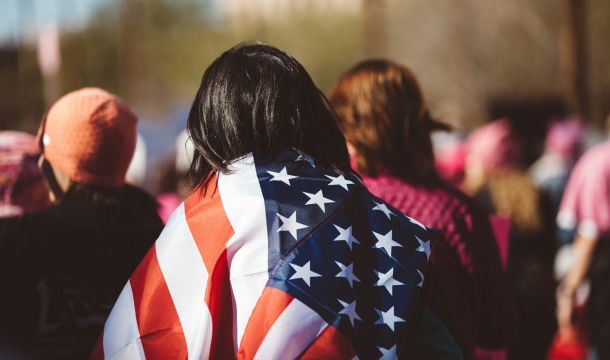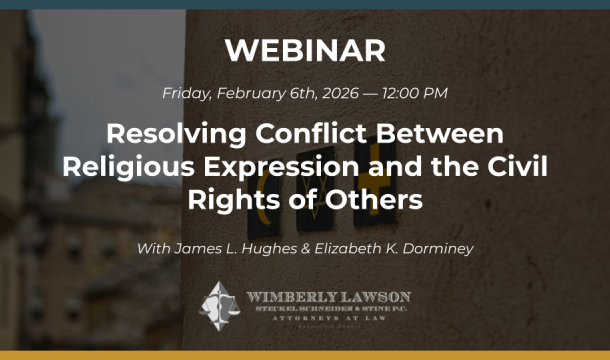Biden's Labor Policy Showing up in Anti-Trust Enforcement
The pro-labor and pro-union philosophy of President Biden is making its mark in anti-trust enforcement. In a 2021 executive order dealing with promoting competition, special emphasis was given to anti-trust issues in labor. In fact, the issues arising in labor markets was first of the anti-trust policy objectives in the anti-trust executive order. The Federal Trade Commission (FTC) and the Department of Justice (DOJ) used this approach in their recent actions.
The most recent manifestation of this policy is the FTC's proposed rulemaking to curtail non-compete clauses and other clauses or agreements that may limit worker mobility. Enforcement has also increased in wage-fixing and no-poach situations. In the latter situations, enforcement authorities generally have to show the effect on the relevant labor market. While past emphasis was on wage-fixing and no-poach situations involving highly skilled employees, the newer approach also focuses on low-wage workers. For example, in a case involving a meat company, the DOJ argued that the ability to endure more difficult working conditions was worker-differentiating, thus allowing harm to competitive conditions to be shown in a more narrow defined market. The President's executive order also requires the DOJ to consider whether to revise the Anti-Trust Guidance for Human Resource Professionals of October 2016 to "better protect workers from wage collusion." The DOJ has already signaled its intent to reconsider part of its Anti-Trust Guidance for Human Resource Professionals. One of those areas that may be of interest concerns limitations on exchanging competitively sensitive information through a third party, even if the data was anonymized, aggregated and historical.
Ironically, in other ways the Biden Administration in practice promotes less competition in labor markets, seemingly inconsistent with its pro-competition approach in general. Examples include prevailing wage determinations, project labor agreements in the construction industry, and government contracting rules in a variety of industries. These pro-union or pro-labor measures lead to less competition, not more. The same concept shows up in the federal government's inflation-fighting mechanisms. The most dangerous form of inflation is wage-price spirals, in which higher wages bring on higher prices which in turn brings on more inflation. The federal government's policy of higher interest rates and the like is an attempt to decrease workers' bargaining power, thus allowing lower wages and lower inflation.
This article is part of our April 2023 Newsletter.
View newsletter online
Download the newsletter as a PDF
Related Content
Get Email Updates

Effect of Administration’s Abandonment of Disparate Impact in the Area of Discrimination Continues to Be Felt

Issues Arise for Employers Concerning the Overtime Tax Break

NLRB To Move Quickly as Quorum Is Restored

EEOC Issues New Guidance on National Origin Discrimination

Resolving Conflict Between Religious Expression and the Civil Rights of Others




